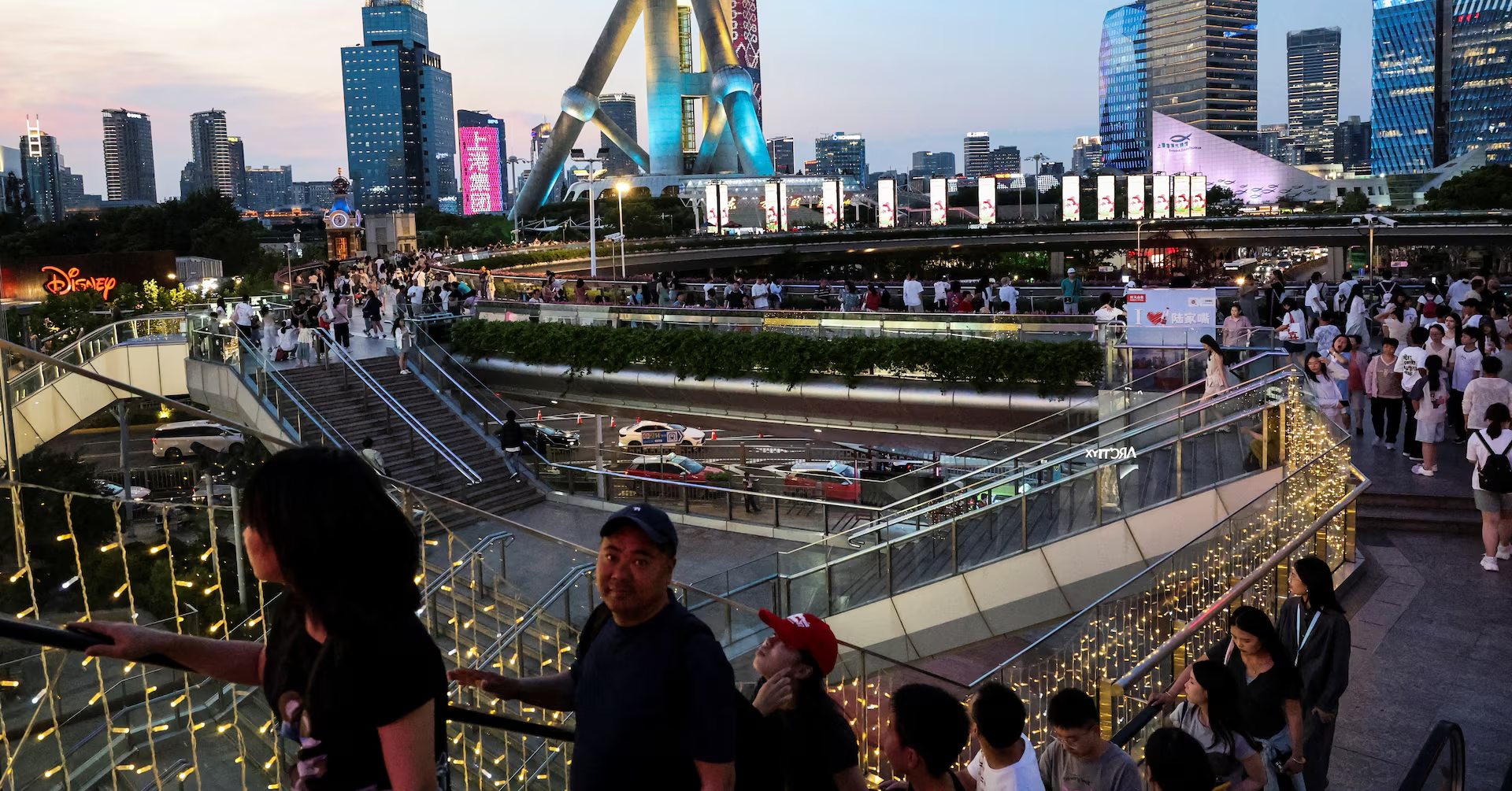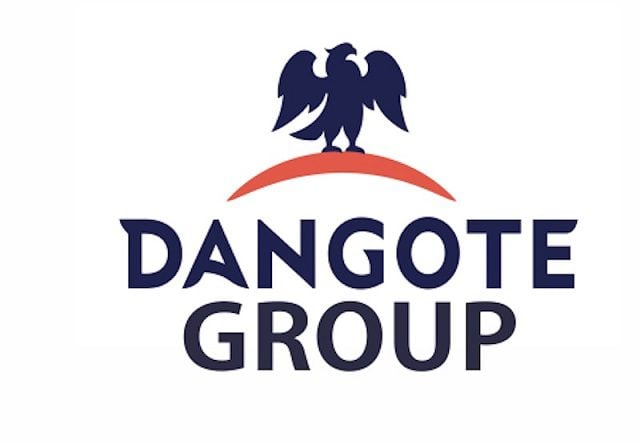British Prime Minister Boris Johnson has confirmed that the next planned relaxation of coronavirus restrictions in England will be delayed by four weeks – until July 19 – as a result of the spread of the Delta coronavirus variant.
“On the evidence I can see right now, I’m confident that we will not need more than four weeks and won’t need to go beyond July 19,” Johnson told a press briefing as he announced the delay from the planned June 21 reopening date.
The UK prime minister said it was “sensible to wait just a little longer” and that “now is the time to ease off the accelerator”.
Under the government’s plan for coming out of lockdown, all restrictions on social contact were set to be lifted next Monday. Many businesses, particularly those in hospitality and entertainment, voiced their disappointment before the official announcement.
The extra time would be used to speed up Britain’s vaccination programme – already one of the world’s furthest advanced – by shortening the recommended time between doses for those aged above 40 to eight weeks from 12 weeks.
“By Monday 19 July we will aim to have double jabbed two-thirds of the adult population,” Johnson told the press briefing.
The situation would be reviewed on June 28, which could allow the reopening to be brought forward, although Johnson’s spokesman said that was considered unlikely.
In recent weeks, there has been fast growth in new cases caused by the Delta variant, first discovered in India. Health officials believe it is 60 percent more transmissible than the previous
On Monday, Britain recorded 7,742 new COVID-19 cases and three deaths. Johnson said the UK was seeing cases growing by about 64 percent per week and the number of people in hospital intensive care was rising.
“By being cautious now we have the chance in the next four weeks to save many thousands of lives by vaccinating millions more people,” Johnson said.
The UK has officially reported nearly 4.5 million cases and more than 128,000 deaths since the start of the pandemic, the seventh-highest number globally, according to Johns Hopkins University.
Monday’s decision was based on scientific modelling which showed that, if the reopening went ahead as planned, under some scenarios hospitalisations could match those in March last year when ministers feared the health system could be overwhelmed. Unlike in March 2020, the increase in hospitalisations was likely to be among younger people who require shorter treatment and are less at risk of dying










